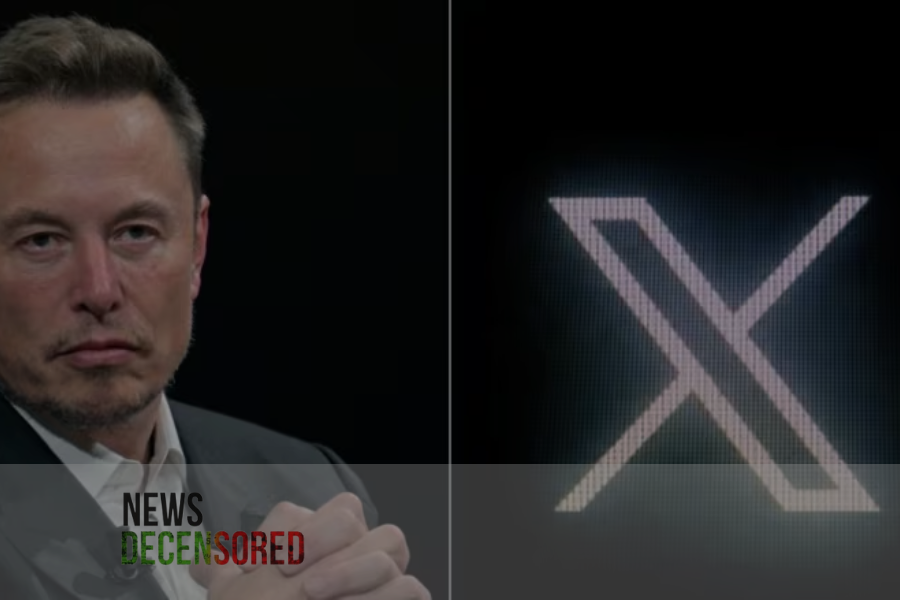X, a social media owned by Elon Musk, is currently in trouble with the European Union for violating online content rules, and its verified blue tick program could be deceptive. The EU technology and communications regulator previously worried that people could think the organization confirms the accounts with blue ticks while Twitter sells blue ticks to anyone. The audit revealed cases of ‘‘malevolent users’’ taking advantage of the system.
Action was launched under the EU Digital Services Act (DSA) and may result in X’s fines of up to 6% of its global annual revenue and changes in its activities in the EU.
The billionaire who bought X for $44 bn in 2022 attacked the DSA as “misinformation,” vociferously labeling the rules as “censored speech” that he rejected. Linda Yaccarino, the CEO of X, supported the company’s actions, stating that rather than having a select group of individuals be verified, everyone in Europe can now be verified.
The discoveries have been narrowed due to a seven-month inquiry under the DSA. This law was proclaimed in 2022 as a standard requiring large technology companies to abolish unlawful content and secure the public. Other companies in focus are ByteDance’s TikTok, AliExpress, and Meta Platforms.
The Commission’s analysis of X revealed hidden features in advertising and noncompliance with EU regulations concerning data for research. Namely, the representatives highlighted that X indiscreetly restricts registration, which eligible researchers can use for data scraping according to its terms of service.
Additionally, the regulator disapproved of the design and functioning of X’s blue tick verification, saying it was misleading and did not conform to industry standards and user expectations. The regulator also reported the possibility of motivated malicious actors using this status to deceive users and influence their decisions regarding account credibility and content engagement.
The Commissioner for Internal Market Thierry Breton said, ‘Once upon a time, BlueChecks were associated with reliable sources of information, while now, due to X, this preliminary view is that they mislead users and violate the DSA.
X can dispute the results or concerns by documenting compliance changes that will be disclosed. This follows Musk’s accusations of an unlawful secret deal with the Commission.
The EU dismissed Musk’s censorship claims by noting that its regulations are meant to ’ provide the citizens of the European Union with a safe operating environment in digital space that respects civil liberties, including freedom of expression. ’ The rules also require companies to notify users when their accounts are restricted and allow users to appeal.
Therefore, the Commission is still probing the interactions with X’s Strategies regarding illegal content distribution and incredibly fake news fighting measures.















